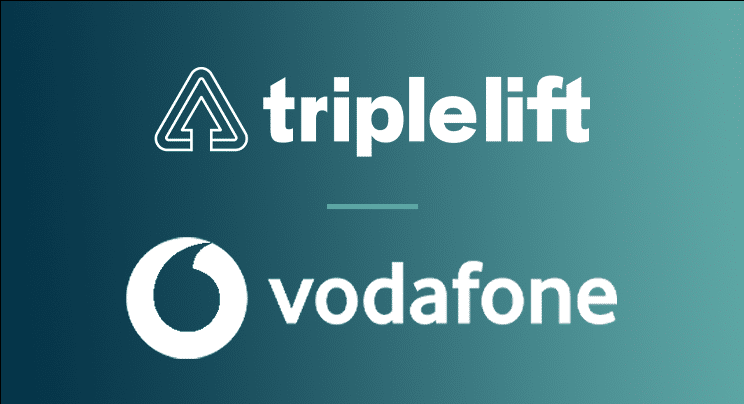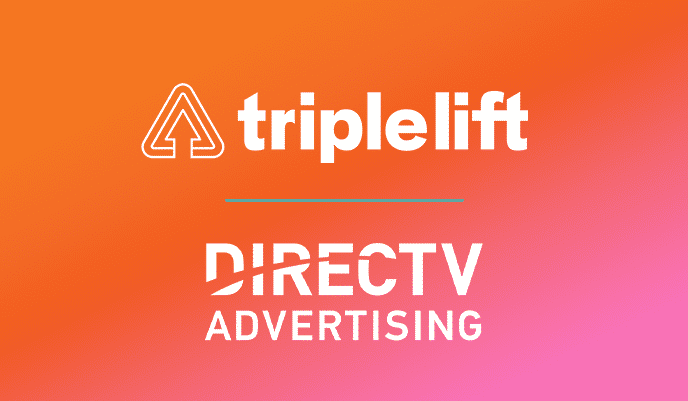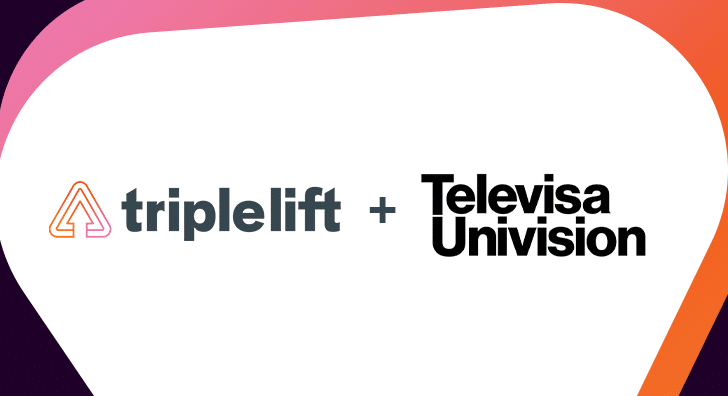Free ad-supported channels (FAST) are popping up everywhere. But are they a good opportunity for advertisers? Well, with the right information, they certainly can be.
With over a thousand FAST channels in the market, advertisers need to know how they can work with these new channels and the opportunities for their ad dollars in 2023. Fortunately, we’ve got the insights you need to make the right decision regarding FAST.
What Are FAST Channels?
FAST provides a similar viewing experience to linear television — complete with commercial breaks — but is delivered at no cost through internet-connected TVs. FAST channels are supported by video advertisements that typically run 15-30 seconds.
FAST channels address niche interests such as news, cooking, and true crime, among others. They can also be dedicated to reruns of popular broadcast shows or to a big event like the World Cup.
However, the most popular FAST channels are fairly broad. Currently, the top watched channels are mainly from broadcasters: Pluto TV (ViacomCBS), Xumo (NBCU), Tubi (Fox), Peacock (NBCU), The Roku Channel (RokuTM), IMDbTV (Amazon), and Samsung TV+ (Samsung).
Are FAST Channels Here to Stay?
FAST channels are yet another disruption to the broadcast television industry, a new, albeit familiar, development in an industry where television manufacturers, broadcast studios, and OTT subscription players attempt to find new ways to garner revenue.
But where does FAST fit into consumer viewing behavior? Viewers see FAST channels as a complement to the premium content they pay for, like Netflix and Disney+. Additionally, FAST channels fill a gap found when consumers cut the cord, allowing them to quickly find and watch continuous content without searching and finding specific shows. Finally, familiarity with the format makes FAST a desirable option for viewers.
Key Statistics for FAST Channel Growth
- 4.1 billion USD is the expected revenue of linear free ad-supported streaming TV (FAST) in the US in 2023. (Statista)
- 9 billion USD is the FAST channel ad revenue projection by 2026. (S&P Global Market Intelligence)
- 1,400 is the minimum number of FAST channels across 22 networks. (Variety)
- 18% is the increase in FAST channel ad impressions in 2022, and viewing time has gone up 10% year-over-year. (Conviva)
Just how big are FAST channel audiences? Multiple FAST platforms are now more prominent in the number of viewers compared to cable and satellite TV platforms in the U.S. Networks continue to fuel this growth with idle content in their libraries, putting that content to good use, earning revenue with the FAST model.
Many viewers have hit their limit on monthly content subscriptions, so FAST channels are a welcome way to fill their content gaps. The bottom line: FAST channels are experiencing faster user growth and overall consumption compared to paid subscription services.
What Are the Advertising Opportunities?
The rise of FAST channels presents a new opportunity for advertisers to reach their target audience. As many FAST channels are a collection of content related to a specific niche interest, as long as marketers have a basic understanding of the interests of their target audience, FAST has the potential to make strong connections between brand and consumer.
Moreover, if a brand previously had success reaching customers on traditional broadcast television but, thanks to cord-cutting, has seen a decrease in reach, FAST channels are a great way to regain the demographic.
Chris Yates, General Manager of on-demand content for Redbox, told Streaming Media the top uses for their service, Free Live TV, are live events like news. While Redbox didn’t share numbers, Yates said, “ Watch time is really high,” thanks to binge-watching live content. But what about advertising? Bill Condon, Senior VP of Advertising Partnerships for Xumo, said they primarily sell 15-second and 30-second ads yet see advanced ads with greater CPMs in the future. Condon noted, “There’s been a ton more demand. So actually, we’re not seeing prices go down.”
So How Does FAST Advertising Work?
Advertising on FAST can be bought via programmatic auctions. It’s typically arranged with the channel operators mainly using the same ad-buying tools they’d use online. The next step is contextual advertising, where channel operators will align relevant brands with themed channels and content that fit their target audience’s interests.
The same CTV advertising done today within subscription services can also be done in the FAST ecosystem. Advertisers can work with programmatic solutions to run dynamic overlays, split screen spots, and even brand and product insertions. You can view examples of these ads or get a deeper explanation of how this works in this ungated whitepaper.
“Programmatic is driving a significant amount of our revenue where folks want to come in, and they want to buy on the audience, or they’re bringing their own data to layer on that,” says Condon. “We’re also seeing a significant increase in folks wanting to buy us from a programmatic guaranteed standpoint.” Fundamentally, the higher the data quality the advertiser brings, the better they can target.
FAST Channels Opportunities in a Nutshell
FAST channels can be an excellent opportunity for advertisers for three reasons:
- Their growth potential: These channels are free, available 24/7, and have no access limitations. It’s easy to see how viewership will continue to grow.
- Higher intent and attention: Quality thematic content appeals to easy-to-define target groups (=intent) and can generate greater audience attention.
- Personalization will increase: Beyond adding contextual advertising capabilities, channel operators plan to embed AI inside FAST to personalize viewing guides, increasing target audience viewership.
Data suggests FAST channels are here to stay and are an excellent opportunity for advertisers to connect with target buyers across a specific piece of content and an entire channel. If advertisers haven’t begun exploring FAST channels, 2023 is the time to start.





